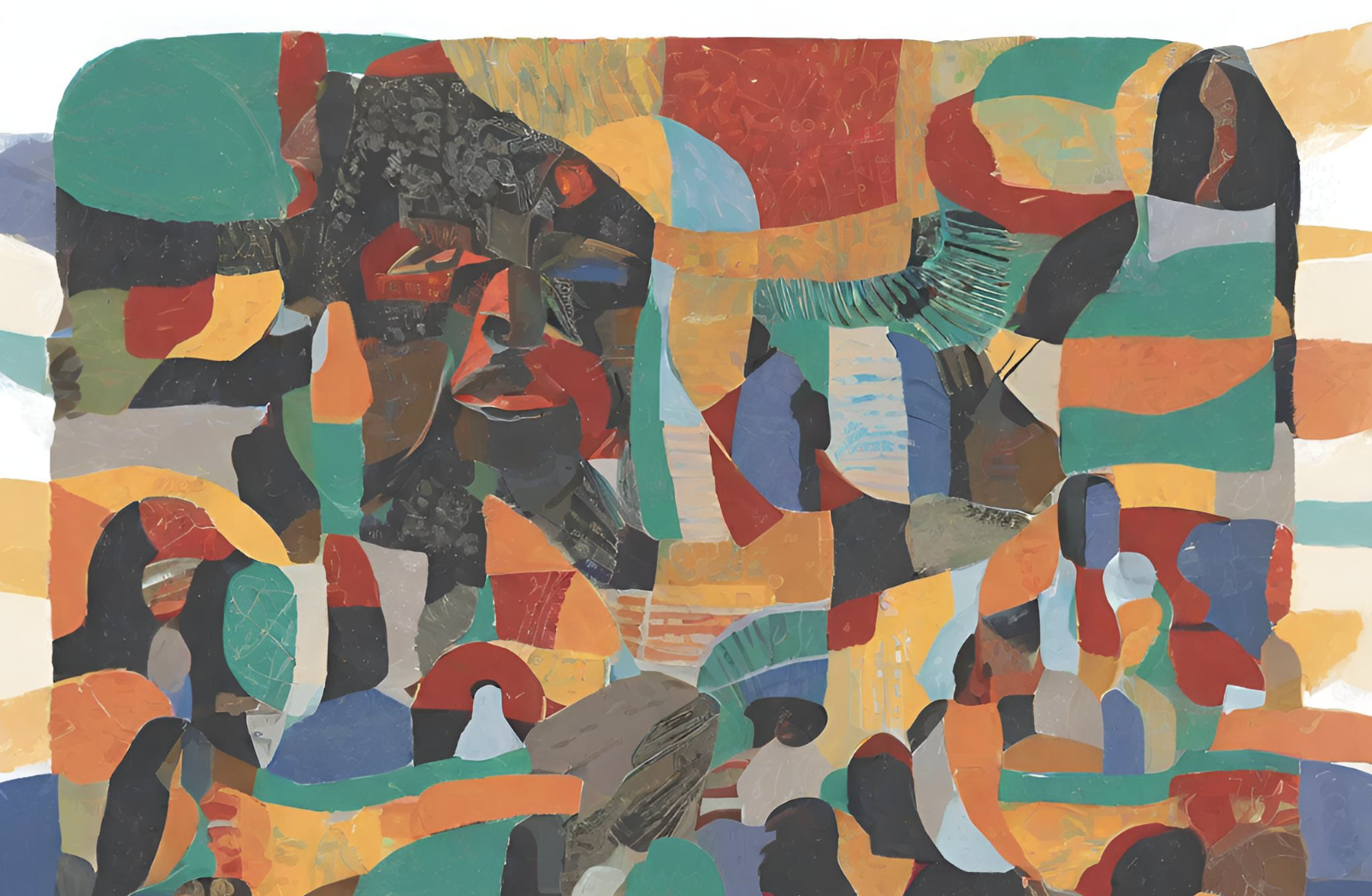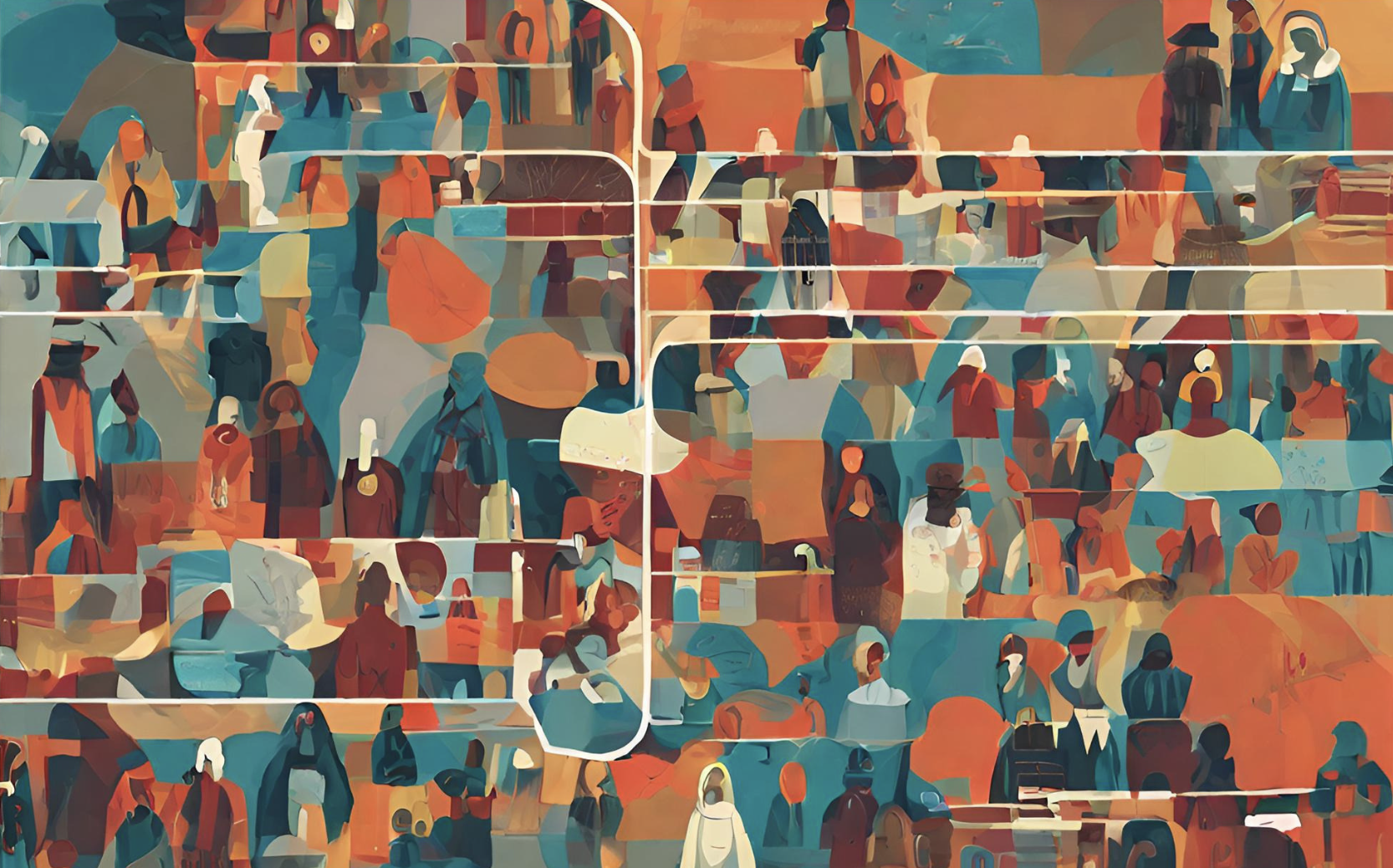Transformative and decolonial migration justice and reparations

What would it mean to decolonise the processes and visions of justice and accountability that we pursue as a community of practice in the migration justice space? How can we centre struggles against epistemic and other injustices, often reproduced by our understandings and responses to state violence? By centring transformative and decolonial justice, we promote the commitment to ending violence and oppression through healing in community and through life-affirming, non-carceral forms of justice and accountability grounded in our connectedness and interdependence.
Organising with direct-action activists and community-based researchers, we aim to create and hold space for collective reflexivity, inquiry, and visioning around migration justice and reparations by generating affective counternarratives around the limits and im/possibilities of legal struggles against borders. We centre the collective grief around justice struggles situated at the intersection of the ‘non-profit justice complex’ and hyperlegalised bordering regimes that have invisibilised, exceptionalised, and irresponsibilised the structural and historical conditions of border violence, making only “narrow perimeters of change possible and allowable” (Lorde).
In these conditions of im/possibility, legal interventions have often reproduced the “tangled and expansive web of relationships through which carceral logics and practices operate” (Massaro & Boyce). We thus aim to reflect on and embody our individual and collective relational responsibilities around the violences of bordering and the borders between us, including both carceral and punitive logics that often obscure and obstruct visions and possibilities for relational and decolonial justice and accountability. Centring relational and transformative justice—‘no justice, just us’—as part of a prefigurative affective politics (Robins) and practice of rehearsal of freedoms (Gilmore; Healing Justice Ldn), we aim to develop and nurture everyday debordering praxes.
RESEARCH
-
Enforced disappearances, necro-violence, and posthumous struggles for justice in Europe’s borderlands
As a (counter)narrative lens, the framework of enforced disappearances offers an opening for rupturing the im/possibilities of state juridical justice and for recentring no-borders visions of migration justice for migrant and bordering communities living with the dead, including through reparative truth and healing.
Movement lawyering and the violence of the laws of borders

For decades, legal interventions have attempted to resist and contest borders by seeking to (re)claim law as a tool of protection, or at least harm reduction, in the struggle against the racist state violence of borders. Yet, justice struggles—in particular those situated within the ‘non-profit justice complex’—have often contributed to the invisibilisation and irresponsibilisation of the structural and historical conditions at the root of intersecting forms of violence.
Given the limits of legal pathways for justice and accountability—and as part of our commitment to movement law/yering as a praxis of uplifting the visions of justice of migrant communities and no-borders social movements—we aim to co-create space for collective reflection, inquiry, and cocreation of strategies, tactics, and experiments of resistance and contestation (Akbar, Ashar & Simonson) to resist deadly bordering regimes.
Centring no-borders imaginaries of transformative and decolonial justice, we seek to collaboratively design and explore new trajectories to further social and political struggles against (violent) borders that centre a systemic critique of the laws that constitute and entrench the global im/mobility regime, and to promote transformative migration justice for the invisibility and erasure of the violences of borders and their laws.
RESEARCH
-
‘Strategic litigation’ against border violence as resistance: The im/possibilities of reclaiming the law
By reflexively engaging with the im/possibilities and violences of laws and legal systems through a community-based inquiry, the project hopes to offer a register and prefigure new ways and approaches of resisting the violence of law in the here and now by developing and nurturing everyday debordering praxes.
